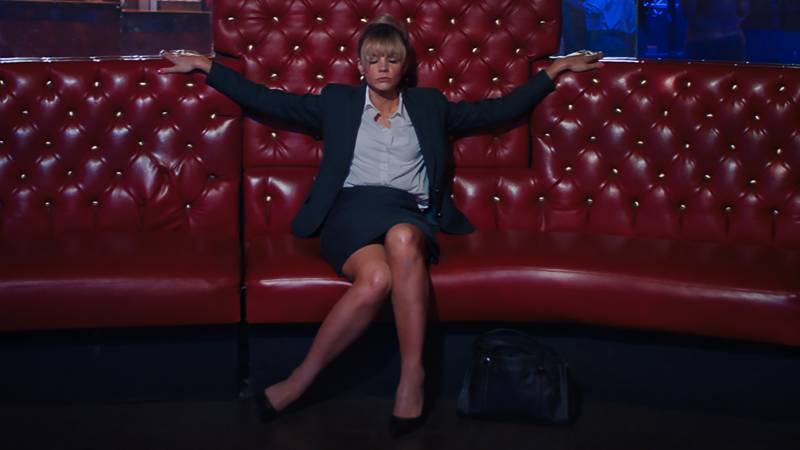Interview Highlights
On the film’s depictions of sexual assault, especially as it relates to alcohol
In Britain at the moment, the most incredible thing is happening, which is that women and girls are writing about their experiences [with sexual assault] at schools. Honestly, the volume, the sheer volume of these stories shows just how commonplace this stuff is. There’s nothing in this film that isn’t—and regrettably—incredibly normal and certainly was when I was growing up. And I think for anyone who thinks that these things weren’t horribly common, I think, probably never went to a party or a nightclub, or is kidding themselves.
On the character of Cassie
This is a film about a woman who is trying to find a way forward in a very grief-stricken and angry way. And part of her journey, part of her means of coping is to present herself as incredibly functioning. Like a lot of addicts, I think, she is somewhat addicted to these nighttime excursions, which make her feel kind of fleetingly better. During the day, she wears a lot of pink. Her hair is always immaculate. Her nails are perfect—kind of whimsical pastels. She’s weaponized her femininity, not just in a kind of aggressive way, but as a defense. Like, she knows that people won’t ask too many questions of her if she hides in plain sight like this.
On why she wanted Cassie’s act of revenge to be scaring men rather than committing acts of violence
I think part of the film for me was taking a genre that I really love, which is the revenge thriller, and seeing if I could … use that structure, which we’re all so familiar with, but do something unexpected with it—and most importantly, do something that felt feasible to me and female, because I think so often in these kinds of films, and particularly when it pertains to violence, it is not feasible that a woman commits acts of violence against men in the night. It’s not a fair thing to expect. And I think this film is very clear about what happens if you were to try. I really started it by thinking: If I was going to go on a journey like this, what could I do? And if I couldn’t shoot a gun and I’m too unfit to kind of wrestle someone, what could I do to effect some kind of change or to punish people or frighten them? I could do what she does, which is scare them.
On whether she sees a similarity between Killing Eve and Promising Young Woman, in terms of how they subvert expectations

9(MDAxOTAwOTE4MDEyMTkxMDAzNjczZDljZA004))

